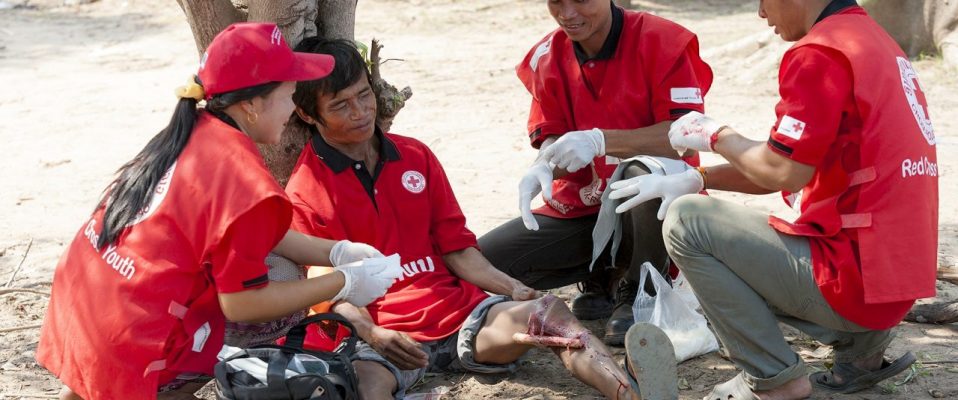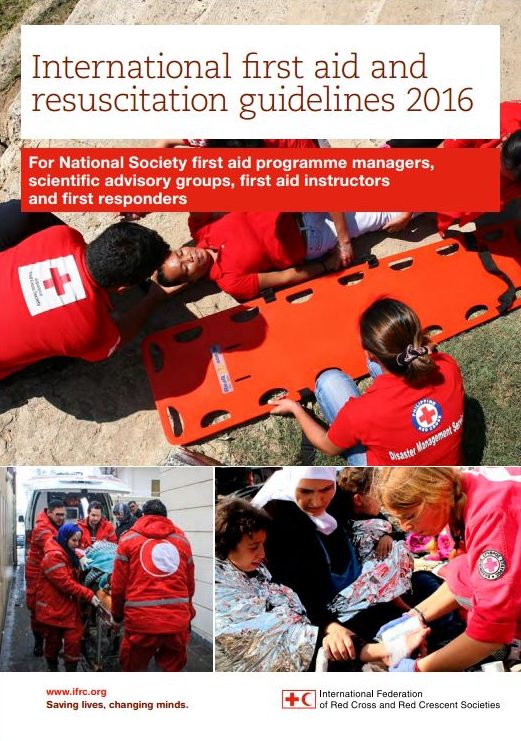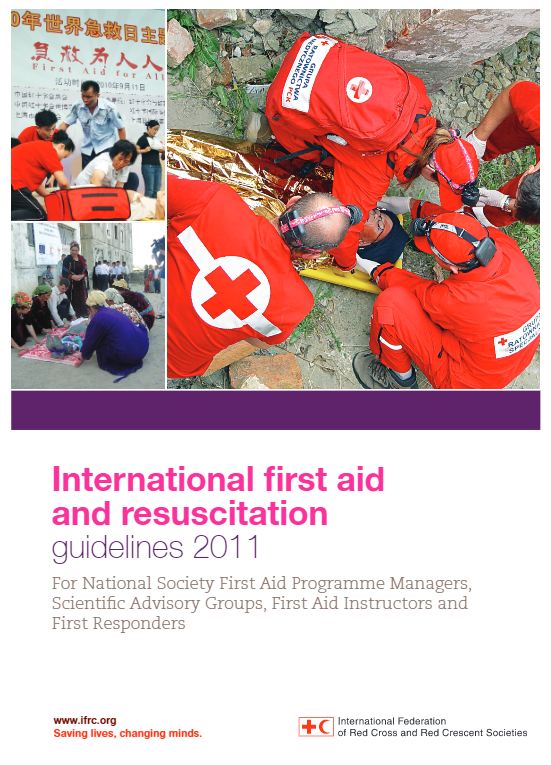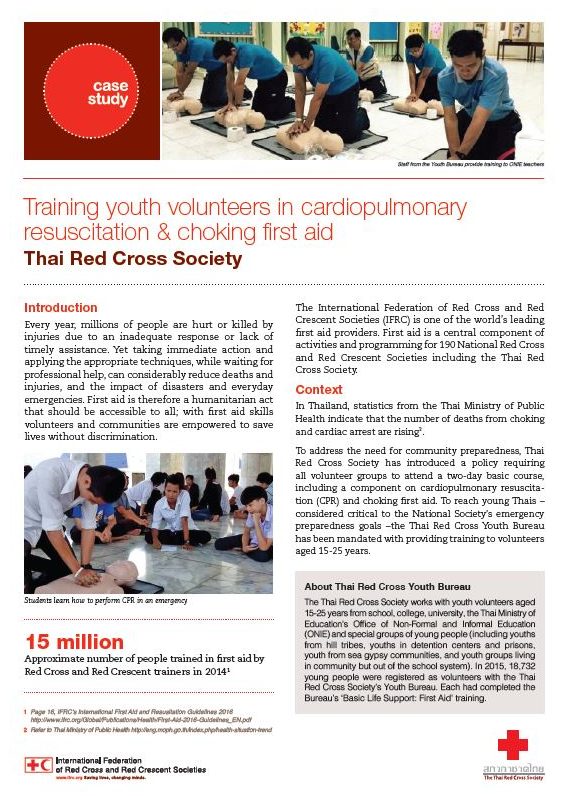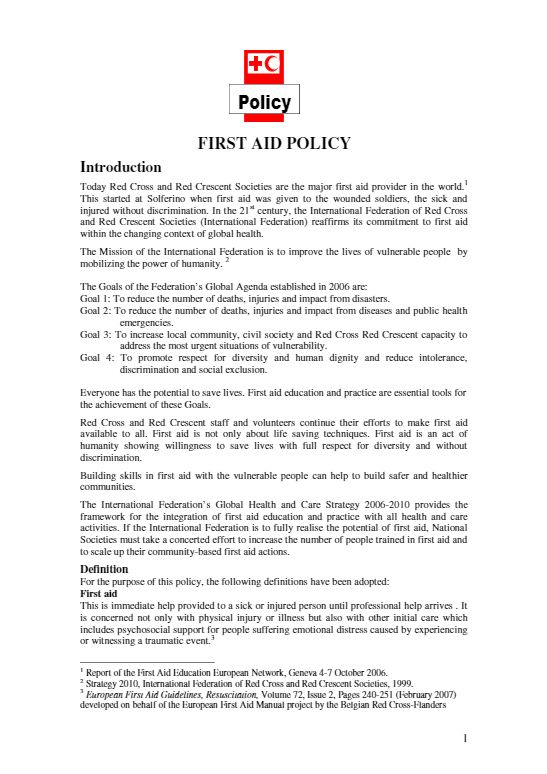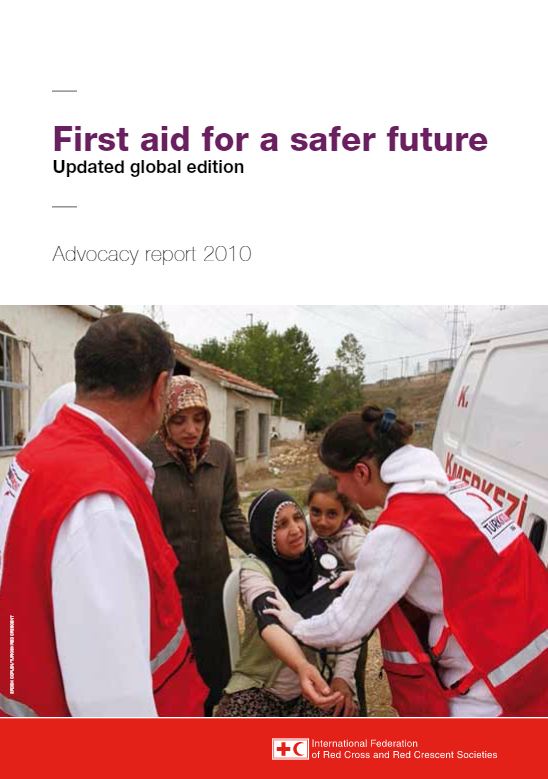The regional perspective
First aid is central to our identity around the world. For many people, when they think of the Red Cross and Red Crescent, they think of our volunteers on the front line of humanitarian crises, treating the wounded and sick, or of the training that we provide in schools, community centres, and places of work.
The members of the International Federation of Red Cross and Red Crescent Societies (IFRC) are some of the leading providers of first aid in the world. For more than 150 years, first aid has been one of the principal services provided by Red Cross and Red Crescent volunteers to injured people.
Why is this so important? Because when a disaster strikes, no first responder can respond as quickly as a neighbour or family member. And when that person knows first aid, crisis can be averted, and lives can be saved. For more than 100 years, the Red Cross and Red Crescent has been a world leader in establishing training standards and in developing procedures and guidelines. Drawing on our extensive experience we have helped shape the world’s understanding of, and approach to, first aid. First aid remains a key means of reducing deaths and injuries, and of building safer and more resilient communities.
Key Definitions
First aid is the immediate assistance provided to a sick or injured person until professional help arrives. It is concerned not only with physical injury or illness but also with other initial care, including psychosocial support for people suffering from emotional distress caused by experiencing or witnessing a traumatic event. First aid interventions seek to “preserve life, alleviate suffering, prevent further illness or injury and promote recovery”.
Source: International Liaison Committee on Resuscitation (ILCOR), 2015
This aims to build the resilience of communities by working with them in an inclusive and flexible approach in first aid. It includes identifying local capacity and vulnerability to common injuries, community health priorities (such as prevention, health promotion and control of common diseases), disaster preparedness and response capacity. It also helps the recruitment and retention of effective volunteers who are close to that particular community.
Source: First aid in the community, a framework for National Society programming, International Federation of Red Cross and Red Crescent Societies, 2006
2nd SEA First Aid Network (SEAFAN) Meeting | 3-4 September 2024 | Bali, Indonesia
3 September , 2024 - 4 September , 2024First Aid Training for Lao Red Cross Staff | 17-18 June 2019 | Attapeu, Lao PDR
17 June , 2019 - 18 June , 2019Eleven Grab Taxi Drivers Equipped with Basic First Aid | 27 December | Bangkok, Thailand
27 December , 2017 8:00 am - 5:00 pm UTC+7Basic First Aid training for Grab taxi drivers | 21 November 2017 | Bangkok
21 November , 2017 8:00 am - 5:00 pm UTC+7Grab taxi drivers training on basic first aid | 19 September 2017 | Bangkok, Thailand
19 September , 2017 8:00 am - 5:00 pm UTC+7
e-mail: Regional Health Officer, Dr. Pornsak Khortwong (PK), at pornsak.khortwong@ifrc.org
Related videos
Guiding Documents
- International first aid and resuscitation guidelines 2016: For National Society first aid programme managers, scientific advisory groups, first aid instructors and first responders
- International first aid and resuscitation guidelines 2011: For National Society first aid programme managers, scientific advisory groups, first aid instructors and first responders
- Case study: Training youth volunteers in cardiopulmonary resuscitation & choking first aid
- First Aid Policy (adopted 2007)
- First aid for a safer future: Updated global edition (Advocacy report 2010)
![]()


